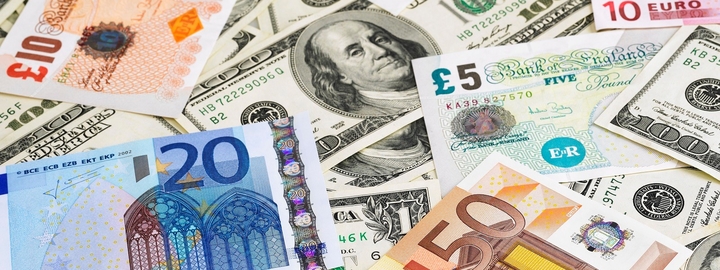Recent Insights

Power surge: Data centers drive dealmaking spike in the US power industry
M&A Explorer | AI is driving M&A not only in the technology industry, but also in the power and data center sectors, which have seen substantial growth in the past year and will likely continue on the same trajectory for the foreseeable future

Unlocking liquidity: How secondaries and continuation vehicles are freeing up the US PE exit pipeline
M&A Explorer | Even as dealmaking shows signs of rallying, GP-led secondaries and continuation vehicle deals—which provided valuable alternative exit routes through a period of soft M&A activity—are set to remain an important strategic tool for dealmakers

Private capital takes on expanding role in European infrastructure
M&A Explorer | Despite national regulatory differences and continued high financing costs, European infrastructure—including data centers, digital assets and renewables—provides increasingly tempting opportunities for private capital investors searching for strong and stable returns

Middle East NPLs evolve from niche market to major growth opportunity
Debt Explorer | As banks in the UAE and Saudi Arabia are being encouraged by their respective regulators to take a more rigorous approach to booking and disclosing NPLs, new investment opportunities are opening up to global investors

Special relationship: US-UK M&A flourishes as transatlantic partners return to the deal table
M&A Explorer | US acquirers are returning to the UK in force, with Q2 and Q3 2025 marking the strongest quarters for inbound value in over a year, while UK dealmakers are looking across “the pond” in increasing numbers



































